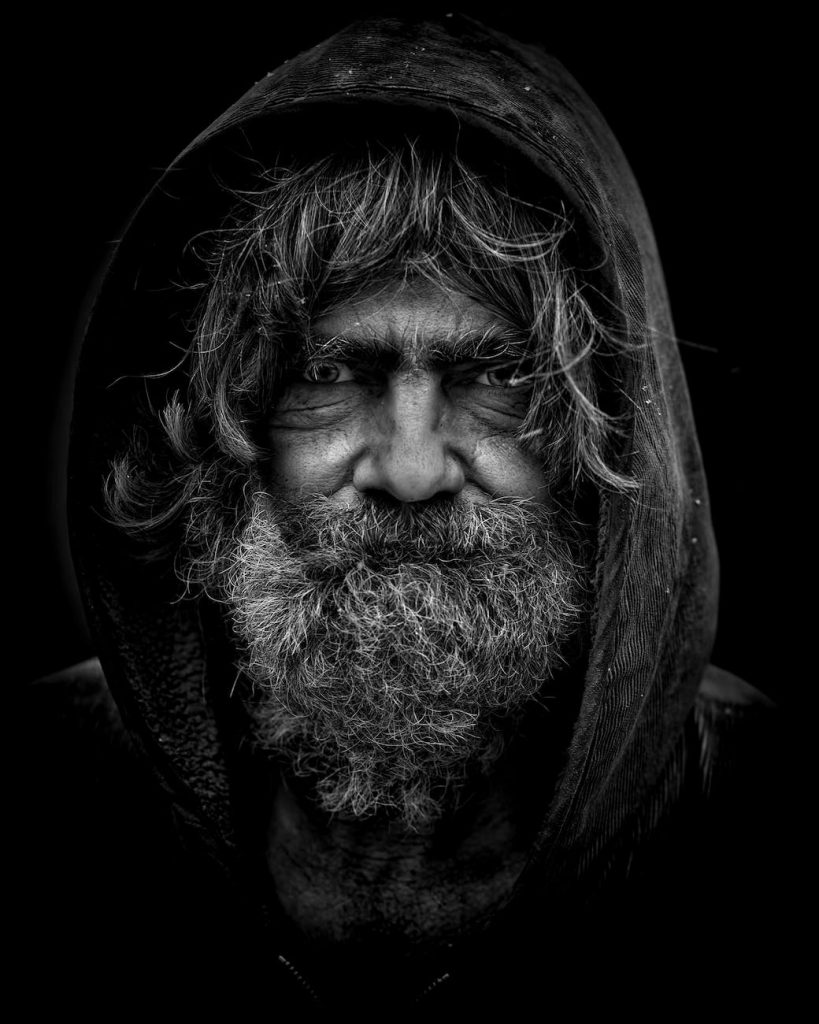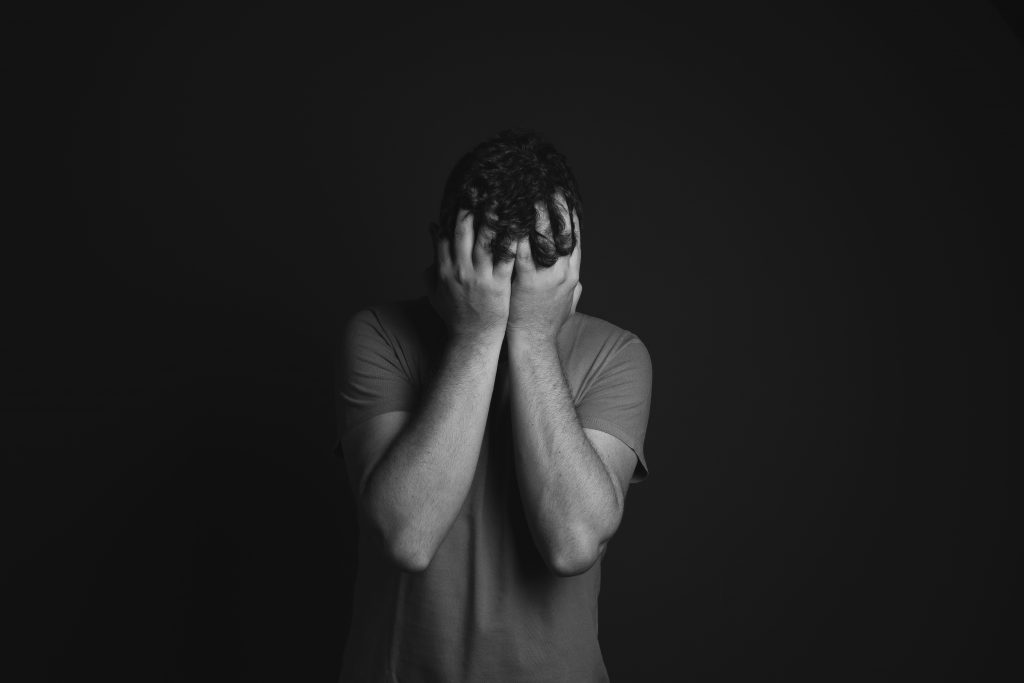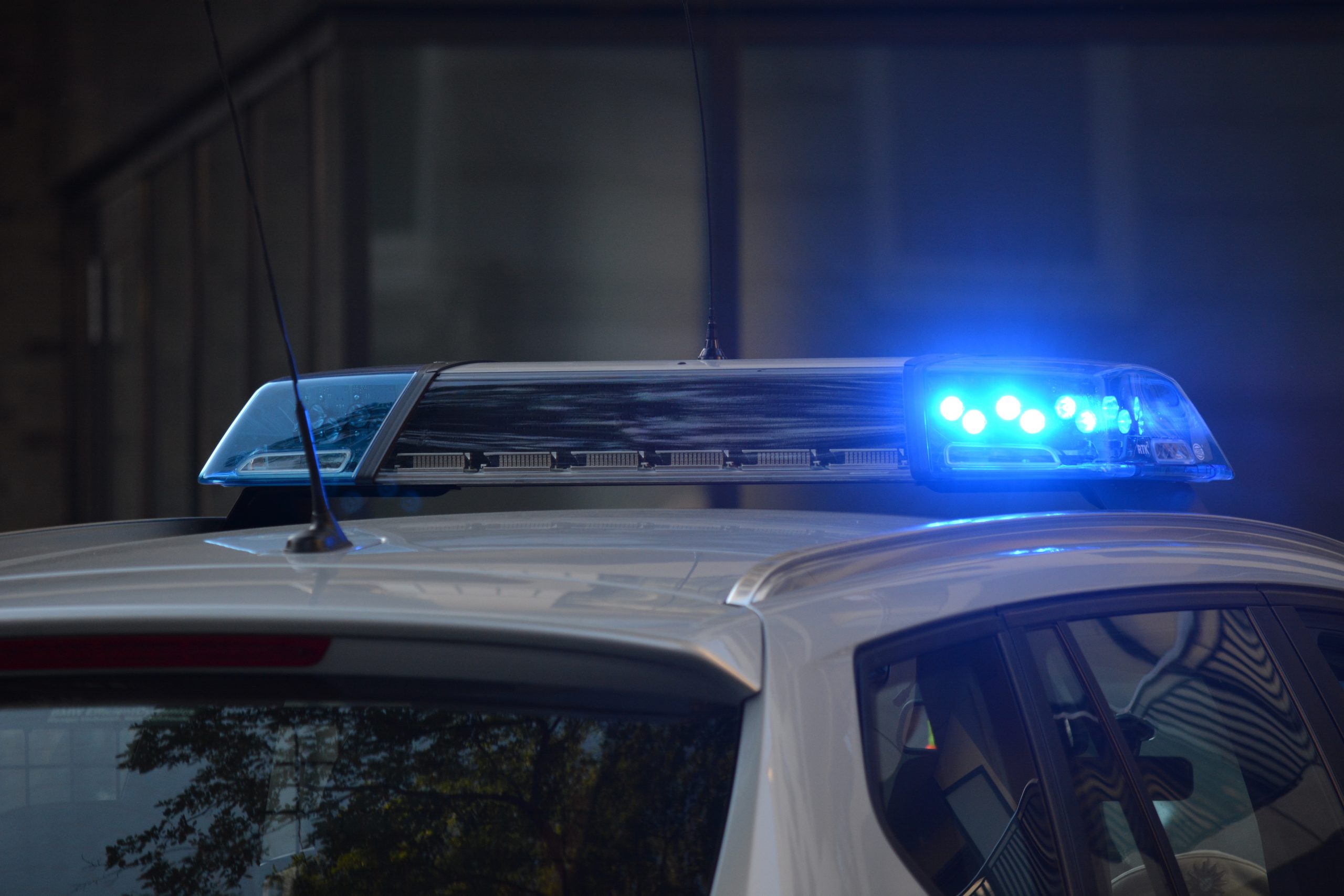In Queensland, police regularly shoot and kill First Nation’s men suffering from mental health issues. Police gun deaths highlight low training standards in Australia. In NSW, a senior constable with 12 years’ experience tasered a 95 year old woman with dementia in a nursing home. The woman in Cooma was on a walking frame and carrying a steak knife. What level of training makes it alright to taser someone in this environment and with these characteristics. It is absolutely appalling and speaks volumes about policing standards. Police should not be dealing with individuals suffering from mental health issues.
Every police shooting of someone suffering with a mental health crisis is a failure of policing.

Police Shootings Of Mental Health Sufferers Is A Failure Of Policing
Guns kill people. Australian police officers turn to their guns too often when dealing with difficult situations involving individuals in crisis. Australia is grown up enough now to have specialist operatives in charge of these highly stressful encounters. Confrontational incidents with police carrying deadly force do not end well for those in crisis. There is a lack of talking down and defusing of situations, which speaks of a lack of training. British police are not armed with deadly force and call in specialist armed units when faced with situations demanding such fire power. In Australia, too many crazed people with knives are being shot dead, when there should be alternative outcomes for these individuals in crisis.
Someone not carrying a gun is going to be far more motivated to find a solution that does not involve further violence than a cop with a gun.
Australian Police Too Often Shooting Without Exploring Alternative Solutions
Australian police do not seem inclined to get their hands dirty when it comes to policing in the twenty first century. Shoot first and ask questions later was not a typical Australian response by police back in the twentieth century. The Queensland police officer in the most recent gun death of a 29 year old Indigenous Australian man undergoing a mental health crisis fired 3 times. There were 6 police officers up against a single man with a knife, who had stabbed another person in the hand. Overkill is a word that comes to mind in this situation. Police do a difficult job, there is no denying this. In fact, I suggest that mental health and domestic violence incidents be taken away from run of the mill policing duties and assigned to specialist operatives with extensive training. The remit of these operatives would not be confrontational and they would not be armed with deadly force. Counselling and negotiating skills would be at the fore, rather than overpowering by force. Defusing these situations would be the sole focus.
This would, in my view, reduce fatalities and provide better outcomes for all parties.

Police gun deaths highlight low training standards in Australia. It is the culture of police, as an armed security force that makes managing mental health issues problematic. Overwhelming via deadly force is not conducive to defusing and disarming situations. A maddened man waving a knife around is not going to immediately rationally respond to police threatening him with guns. Crazed behaviour is just that and must be recognised and managed via a medical awareness of mental health issues first and foremost. Yes, innocent bystanders must be made safe by police but not at the expense of ending human life. Other means of safely achieving this must be found, but the reliance upon and expediency of deadly force must be resisted.
Current police training is obviously inadequate to meet these challenges. Mental health and domestic violence flash points need to be managed via other means than police in their present form.
“A man has been shot by police after officers were called to a domestic violence incident at Grange, in Brisbane’s north this afternoon.
Initial investigations indicate around 2:15pm, officers were called to the Days Road address following reports of a man attempting to stab another man known to him.
Upon arrival at the address, it will be alleged officers observed a 53-year-old man who had sustained an injury to his left shoulder and a laceration to his left hand.
Officers then attempted to engage with a 29-year-old man who was armed with a knife.
It will be alleged police shot the armed man after he advanced at officers.
Immediate first aid and CPR were provided however, the man was declared deceased at the scene.
The 53-year-old man was transported to the Royal Brisbane and Womens Hospital.
A crime scene has been declared at the address, and police investigations are continuing.
This matter is under investigation by Ethical Standards Command on behalf of the State Coroner, with the investigation subject to oversight by the Crime and Corruption Commission.”
In Queensland, police are trained to target the largest section of body mass, the torso, with their guns. Following repeated warnings, to the person to drop their weapon, police are entitled to shoot until the perpetrator wielding the weapon goes down and is incapacitated and no longer a danger.
©House Therapy

